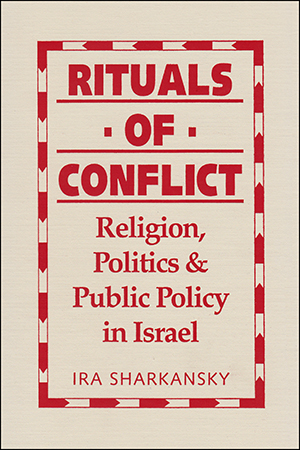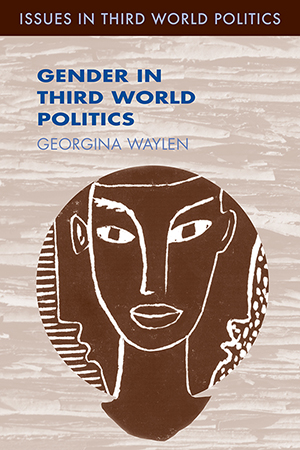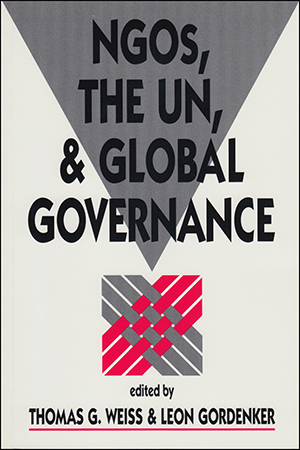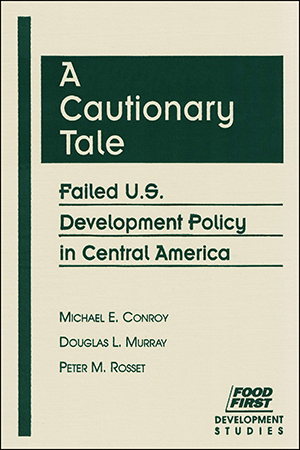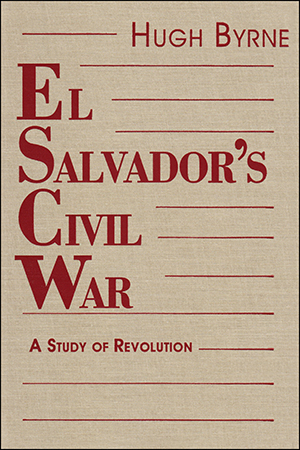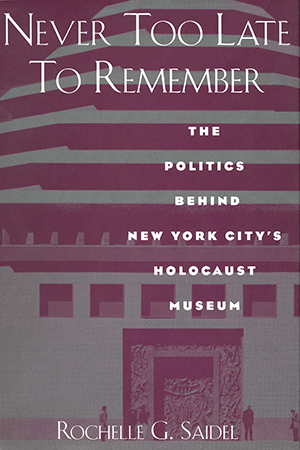BOOKS
An assassination, the election of a new prime minister, and a fresh round of Palestinian unrest have highlighted the ongoing tensions between religious and secular Israeli Jews. Among the More >
This gendered analysis of Third World politics examines both "high politics" and political activity at the grassroots level, as well as the impact of state policy on differing More >
Based on methodological individualism and a public-choice approach to social theory—and sure to stimulate considerable debate—this book analyzes the interdependence of economic More >
A comprehensive exploration of the role of nongovernmental organizations in the international arena, this collection examines the full range of NGO relationships and actions. The authors More >
Neither structural adjustment policies, nor industrialization, nor traditional agricultural exports have led to sustained economic growth and social equity in Central America. Seeking to More >
Choice Outstanding Academic Book! This in-depth study of the recent civil war in El Salvador supports the author's broader contention that the strategies adopted by incumbent regimes More >
This book tells the story of how government policy-makers, law enforcement officials, and the news media effectively used modest shifts in the official rate of violent crime to construct a More >
An anthology evaluates programs to reduce crime and disorder related to alcohol and drug abuse in pubs, nightclubs, parks and elsewhere. Case studies are presented from Australia, Europe and More >
An anthology presents 30 previously unpublished papers on the theory, research and practice of restorative justice in Australia, Canada, Germany, Japan, New Zealand, the U.K. and the U.S. More >
Why did New York City, the largest center of Jewish culture and home to more survivors than any other city in the United States, take more than half a century to finalize plans for its More >



